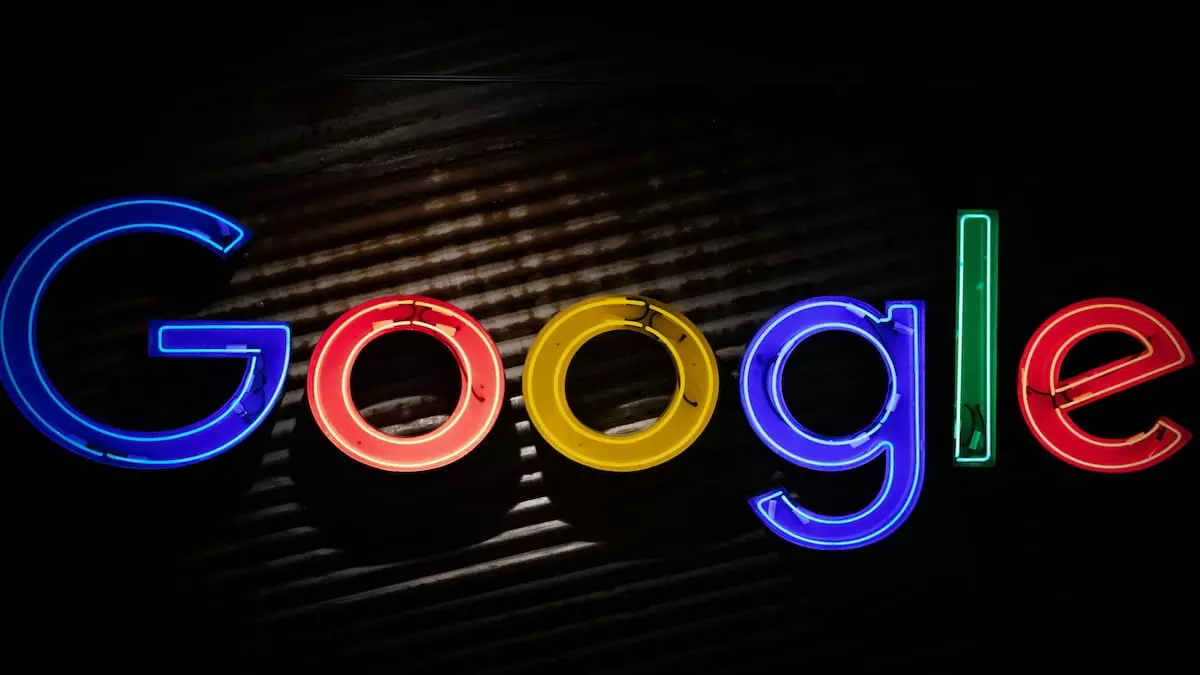The recent announcement of a partnership between Google and Magic Leap has sparked excitement in the extended reality (XR) space. This collaboration aims to bring together the strengths of both companies in optics and technology infrastructure. Despite facing challenges in the augmented reality (AR) market in the past, Google and Magic Leap are now joining forces to explore new opportunities in the XR industry.
Both Google and Magic Leap have had tumultuous journeys in the AR/XR industry. Google’s initial attempt with Google Glass was met with consumer backlash and failed to gain market traction. Similarly, Magic Leap, once considered a pioneer in AR technology, struggled to find a profitable consumer niche. However, both companies have continued to push forward in the XR space, with Google collaborating with Samsung and Qualcomm on a mixed reality headset project.
The newly announced partnership aims to combine Magic Leap’s expertise in optics and device manufacturing with Google’s robust technology platforms. This collaboration, according to Magic Leap’s CTO, Julie Larson-Green, will accelerate the development of immersive XR experiences for developers and consumers. While specific products or services have not been detailed, the partnership is expected to lead to significant innovations in the AR/XR market, potentially introducing a new headset that merges physical and digital realities. There is also interest in integrating Google’s AI capabilities into the XR ecosystem.
The entry of the Google-Magic Leap partnership has significant implications for the competitive landscape of the metaverse hardware and experiences market. Currently dominated by Meta and Apple, this collaboration could increase competition and drive further innovation. Enhanced competition is likely to benefit consumers by providing more options and potentially lowering costs for advanced XR technologies. Google’s motivations for entering into this partnership may include re-establishing itself in the AR/XR market and acquiring valuable patents and methodologies.
For Magic Leap, this partnership signifies a strategic shift towards collaboration and technology licensing. By leveraging Google’s extensive resources and market reach, Magic Leap aims to position itself for growth in the XR industry. While specific products and services resulting from this partnership have not been announced, speculation suggests the development of a new AR/XR headset with advanced AI features. This device could revolutionize the way users interact with physical and digital environments.
The broader impact of the Google-Magic Leap partnership extends to the metaverse market as a whole. Projections indicate substantial growth in the XR industry, driven by investments from major tech players like Meta, Microsoft, and Nvidia. The collaboration between Google and Magic Leap holds great potential for advancing XR technology and transforming the market landscape. By leveraging their strengths, these companies aim to deliver groundbreaking immersive experiences that blur the line between physical and digital worlds. Industry stakeholders and consumers alike are eagerly anticipating the developments stemming from this partnership, expecting significant advancements in XR technology in the near future.


Leave a Reply